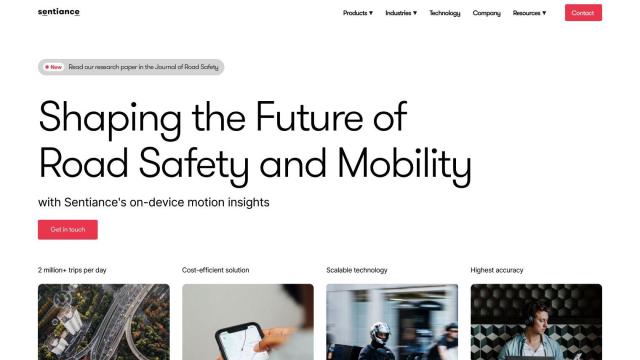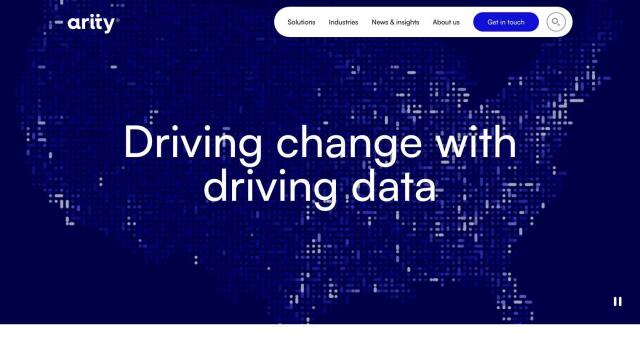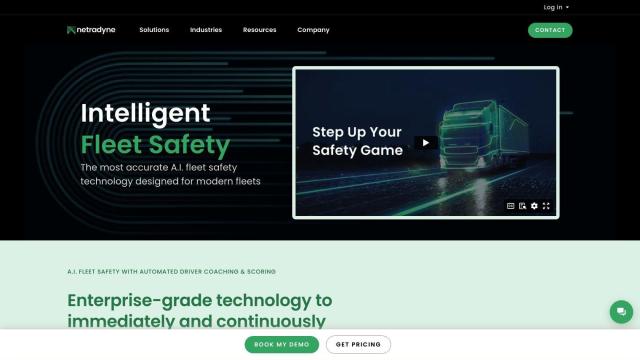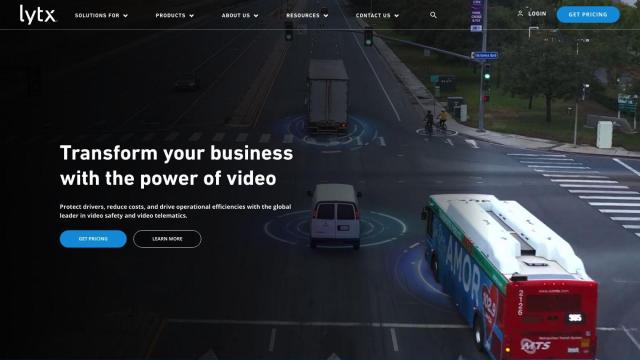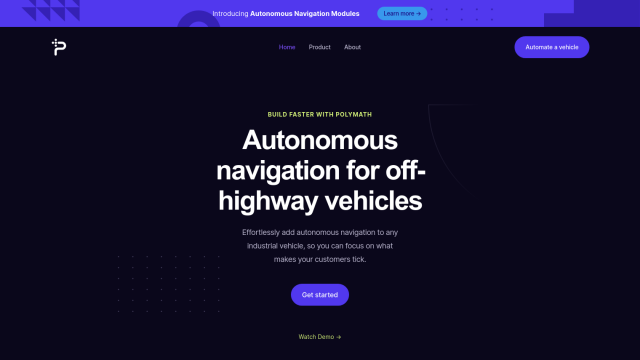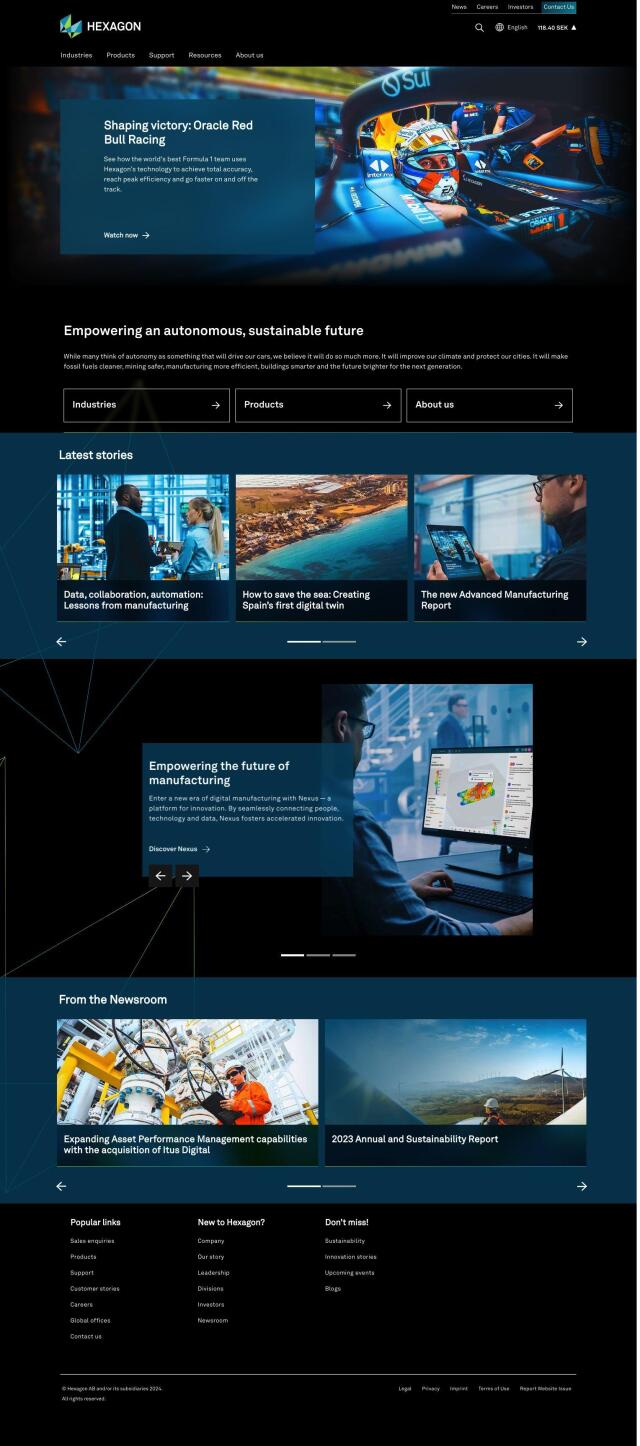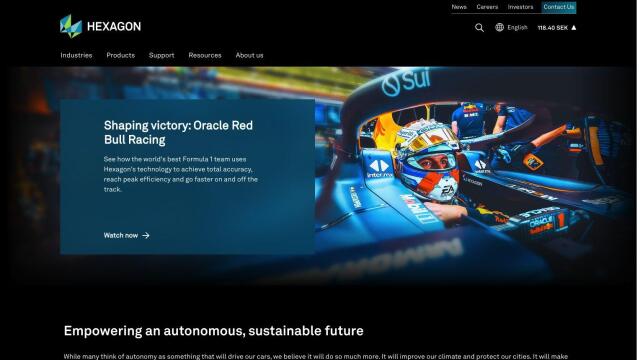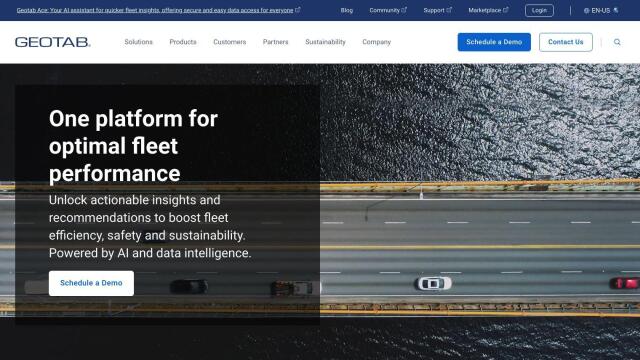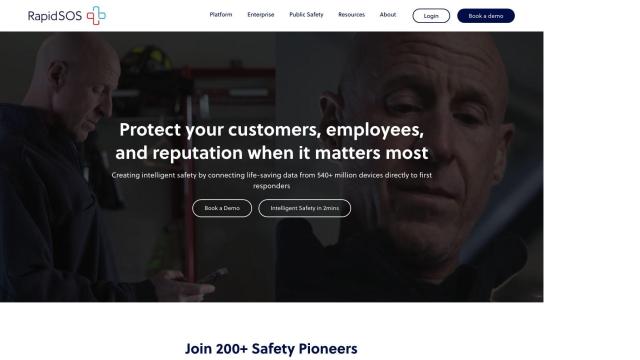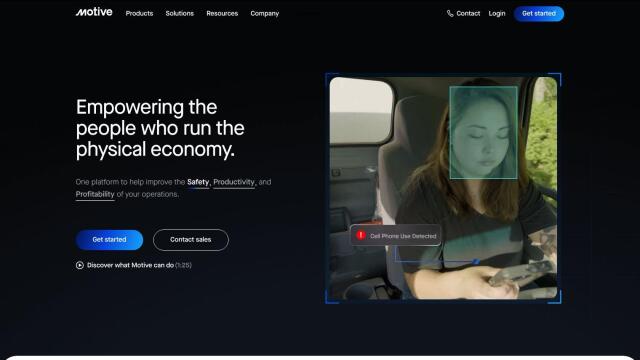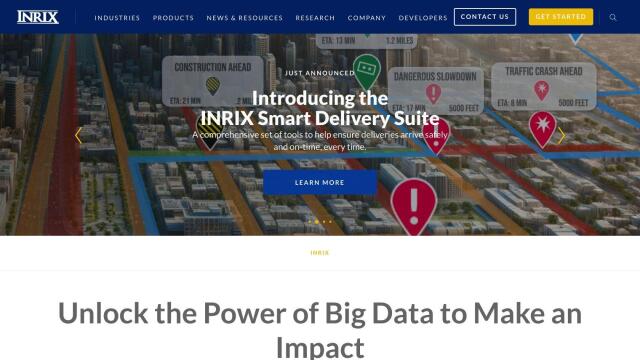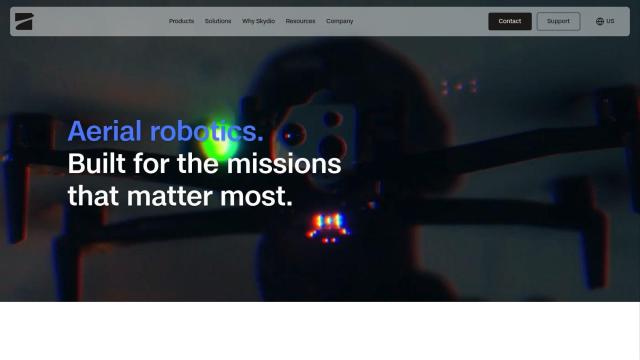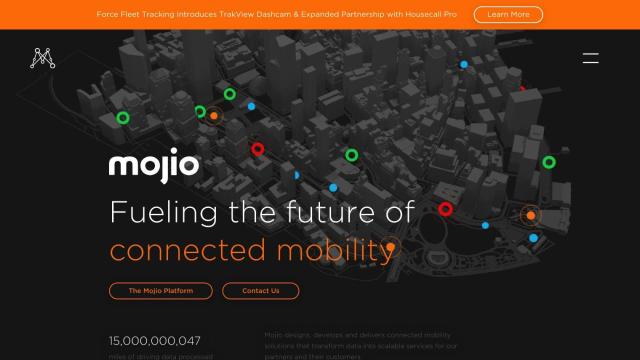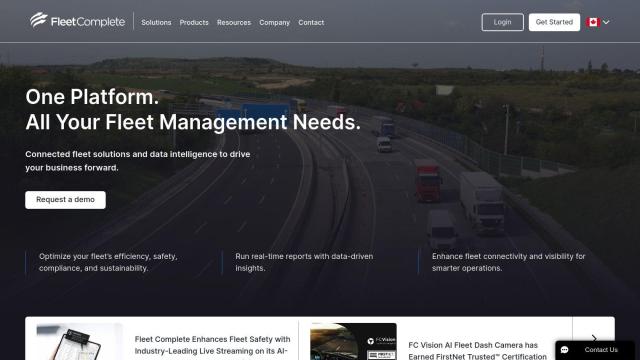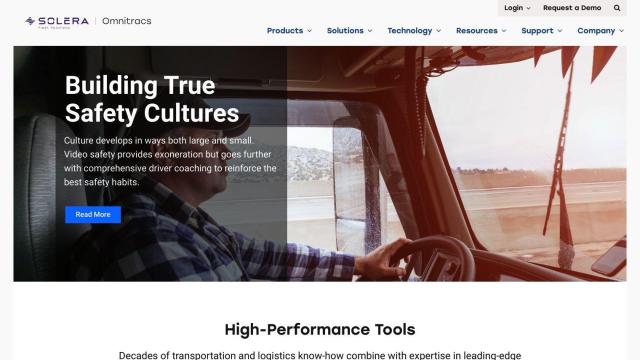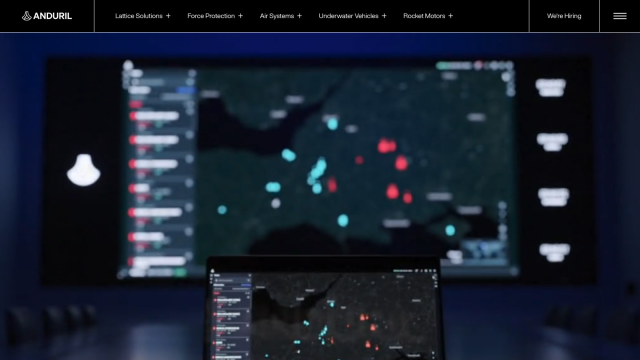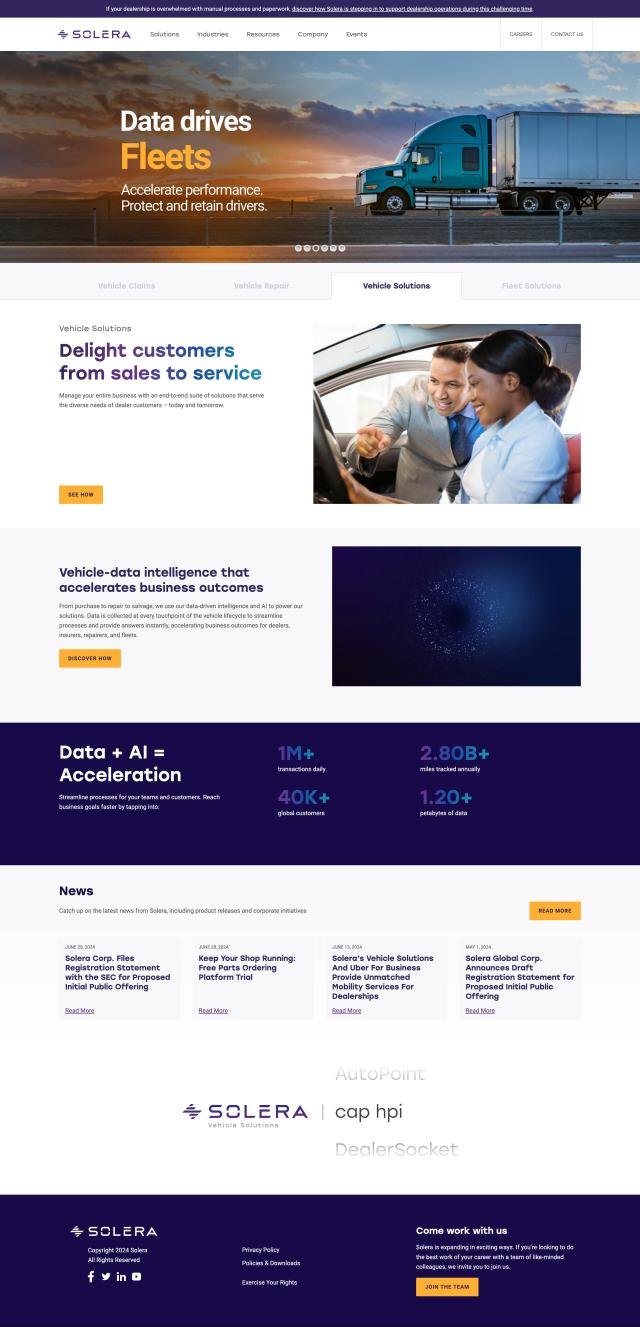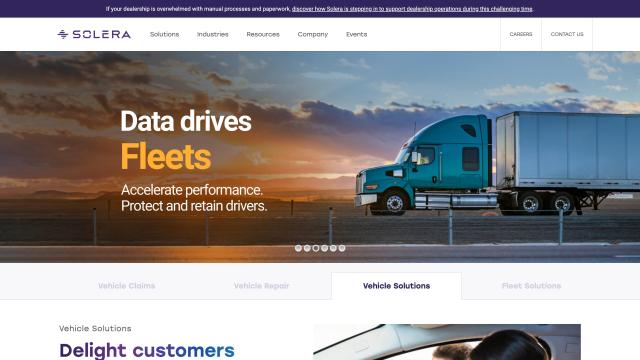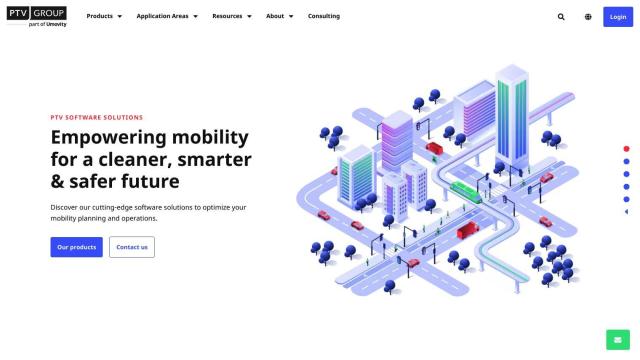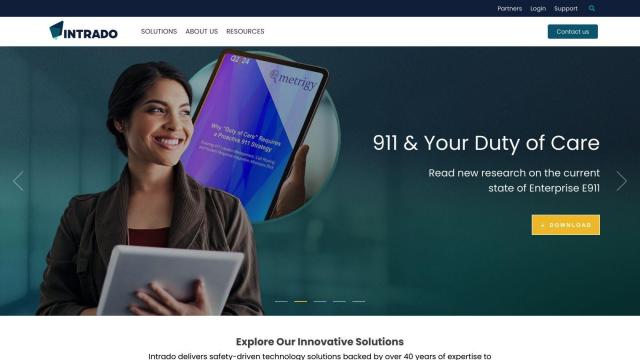Question: Is there a company that offers autonomous vehicle technology that prioritizes safety and has a proven track record of reducing road accidents?

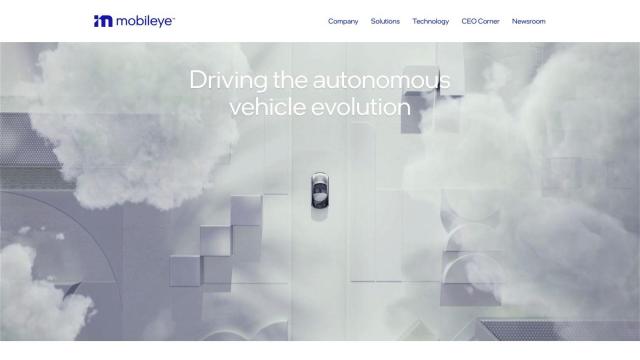
Mobileye
If you're looking for a company with autonomous vehicle technology that puts safety first and has a track record of reducing accidents on the road, Mobileye is definitely worth a look. Mobileye is a major developer of autonomous driving technology, offering a suite of solutions designed to improve safety in vehicles. With more than 170 million vehicles equipped with its technology, Mobileye uses a single low-cost camera sensor and a mathematical safety model to improve safety in a wide range of driving situations. Its technology spans basic driver-assist systems to more advanced self-driving abilities, making it a good fit for automakers that want to build autonomous vehicle abilities into a broad range of vehicles.

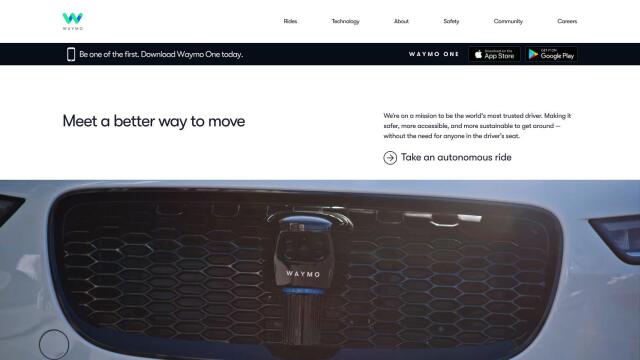
Waymo
Another option is Waymo, which operates a self-driving ride-hailing service that puts safety and sustainability first. Waymo's technology has logged more than 20 billion real-world and simulated miles, mapping every intersection and traffic signal. The company's fleet of vehicles is fully electric, a move that reduces its carbon footprint while also providing a consistent and safe experience. The service is particularly useful for people with higher mobility needs, such as the visually impaired, who can benefit from a convenient and safe transportation option.

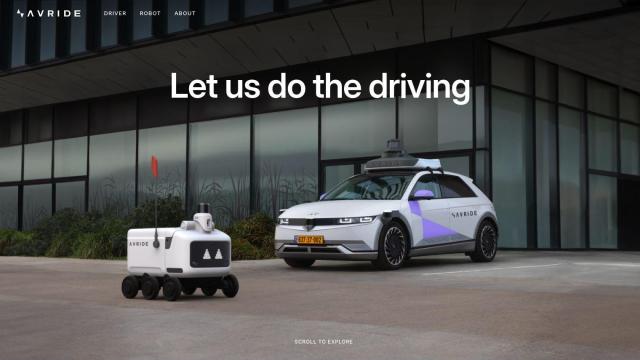
Avride
If you're more interested in delivery and logistics, Avride offers autonomous vehicle and delivery robot technology that puts safety first. With a combination of advanced sensors and 3D mapping, Avride's vehicles and robots are able to precisely locate themselves and maintain resilient perception to ensure safe and efficient travel and delivery. The technology is constantly improving with regular updates, and the company offers a seamless integration solution for companies looking for reliable delivery options.

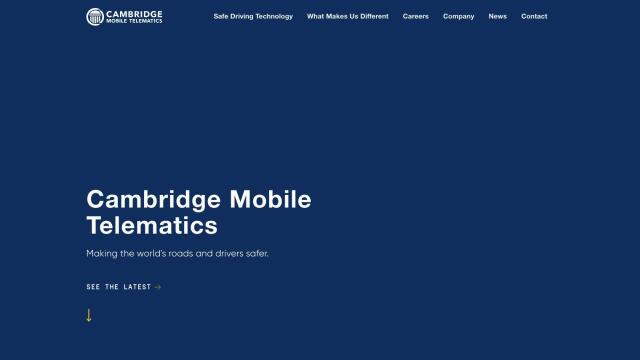
Cambridge Mobile Telematics
Last, Cambridge Mobile Telematics uses driving data to help drivers understand themselves and cut accidents. The company aggregates data from a variety of sources, including IoT devices and connected cars, to combine sensor data with contextual information. The data is used to power safety and claims programs for auto insurers, automakers and commercial mobility companies, helping to cut risky behavior and improve driving behavior by up to 90%.

